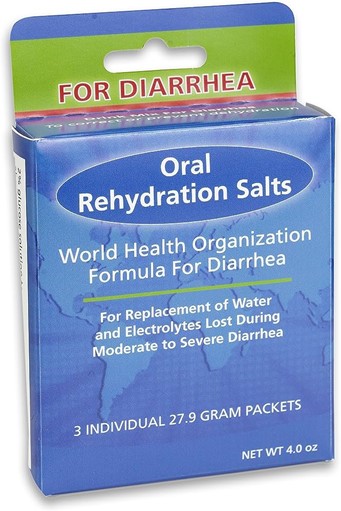Which statement by the parent of a 10-month-old infant with Down Syndrome indicates the need for further instruction about the child's home care needs?
"I should refeed any thrust out food to my baby.".
"I should avoid using skin lubricants on my baby.".
"I should suction my baby's nose before feedings.".
"I should use minimal soap when bathing my baby.".
The Correct Answer is A
Choice A rationale:
Refeeding any thrust out food to the baby is incorrect as it increases the risk of choking and aspiration. Parents should discard food that the baby has pushed out to prevent potential harm.
Choice B rationale:
Avoiding the use of skin lubricants on the baby is appropriate as these products might irritate the baby's sensitive skin.
Choice C rationale:
Suctioning the baby's nose before feedings is important to ensure proper breathing and effective feeding, especially in infants with Down Syndrome who may have nasal congestion.
Choice D rationale:
Using minimal soap when bathing the baby is appropriate to prevent skin irritation. Babies have delicate skin, and excessive soap can lead to dryness and discomfort.
Nursing Test Bank
Naxlex Comprehensive Predictor Exams
Related Questions
Correct Answer is C
Explanation
Choice A rationale:
Misdiagnosis is unlikely since the glucose levels are improving, indicating a valid diagnosis.
Choice B rationale:
Insulin-producing cells don't regenerate in substantial amounts to normalize glucose levels within a month. This process takes longer.
Choice C rationale:
This choice correctly identifies the situation as a temporary improvement due to the remaining insulin-producing cells functioning better temporarily.
Choice D rationale:
Complete recovery is not likely in such a short time frame.
Correct Answer is C
Explanation
Choice A rationale:
Administering a bolus of intravenous (IV) fluids might be necessary for severe dehydration, but in mild dehydration, oral rehydration is preferred as it avoids potential complications associated with IV fluids.
Choice B rationale:
Offering clear fluids, popsicles, and gelatin is appropriate, but this choice does not specifically address rehydration, which is the primary concern in mild dehydration.
Choice C rationale:
Offering oral rehydration solution (ORS) in small, frequent amounts is the most appropriate intervention for mild dehydration secondary to diarrhea. ORS contains the right balance of electrolytes and fluids to rehydrate without overwhelming the gastrointestinal tract.
Choice D rationale:
Keeping the child on a strict BRAT diet (bananas, rice, applesauce, toast) is an outdated approach. While BRAT foods can be tolerated during mild illness, they lack the necessary electrolytes and fluids to effectively rehydrate.

Whether you are a student looking to ace your exams or a practicing nurse seeking to enhance your expertise , our nursing education contents will empower you with the confidence and competence to make a difference in the lives of patients and become a respected leader in the healthcare field.
Visit Naxlex, invest in your future and unlock endless possibilities with our unparalleled nursing education contents today
Report Wrong Answer on the Current Question
Do you disagree with the answer? If yes, what is your expected answer? Explain.
Kindly be descriptive with the issue you are facing.
